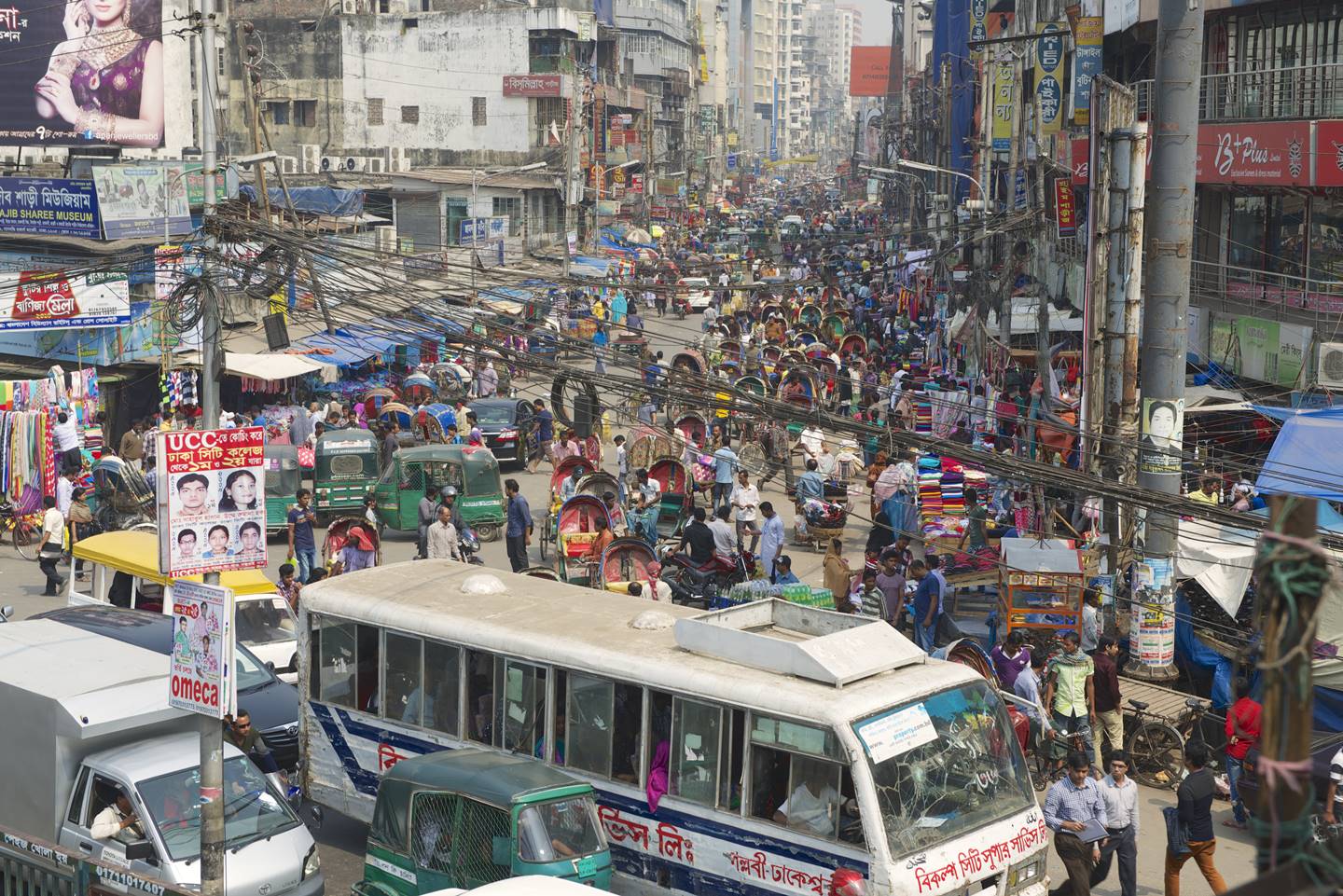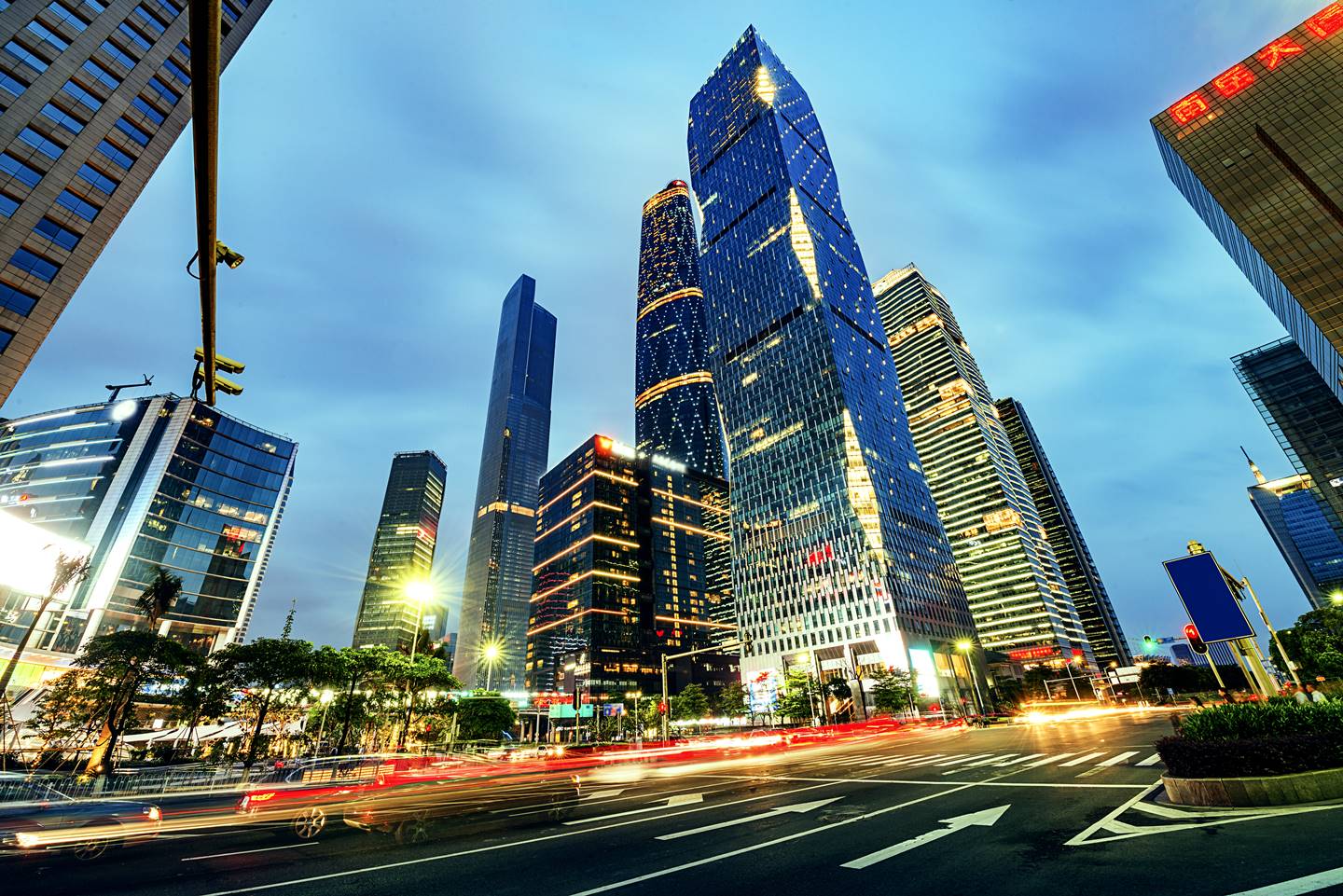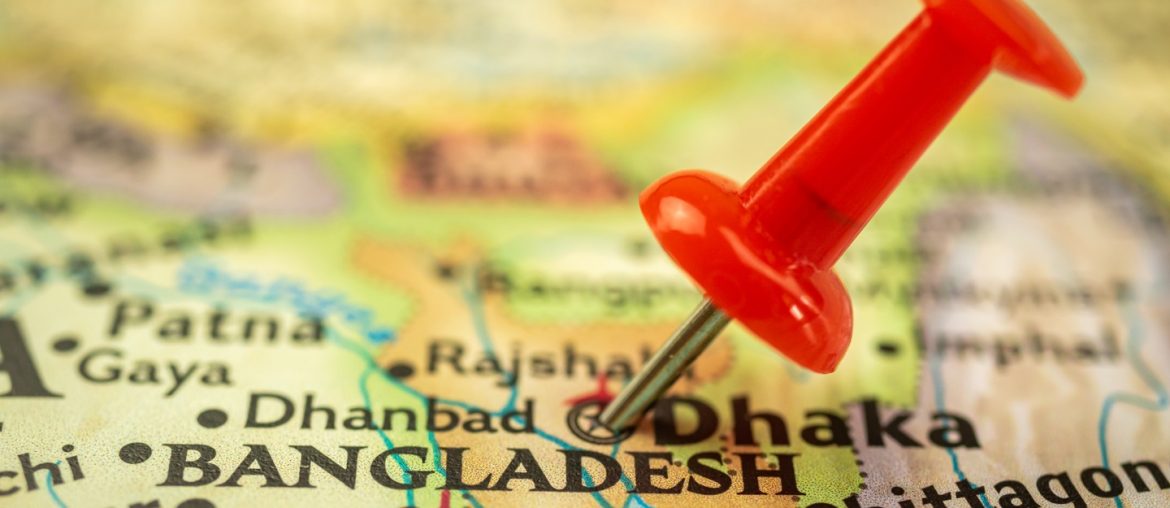A popular trope in a majority of strategy computer games is creating cities, nations, or empires. In such games, players tend to have two play styles – either go “tall” or go “wide. The term “tall” here refers to limited territory expansion while maximizing the use of space – a “centralized” approach to the game. On the other hand, playing “wide” means owning as much territory on the map as possible through expansion – a decentralized approach to the playthrough. When it comes to city or nation building in video games, players enjoy a great deal of flexibility and freedom – if something doesn’t work, it can easily be rectified. However, in real life, rearranging cities is no small feat. In fact, it can be near impossible sometimes. For a city such as Dhaka, the need for decentralization has been looming over our heads for decades now.
What is Decentralization?

Decentralization is a very complex & complicated subject. It is a concept that can be adapted to multiple fields of economy, governance, and development. According to the Organisation for Economic Co-operation and Development (OECD), in general, decentralization refers to the “transfer of decision-making power and responsibility over policies from the national to the regional, sub-regional, or local level”. Meaning, instead of having every administrative, planning, or economic hub localized in a specific region, spreading it or delegating it out to different areas, locations, or groups.
Why the Need for Decentralization?

Dhaka is the 6th largest megacity in the world with an estimated population of nearly 22 million. According to the first official census of an independent Bangladesh in 1974, Dhaka had a population of 1.6 million. The history of the expansion of Dhaka city is long & storied. But the current rapid growth of population in the capital city is largely due to the over-reliance on Dhaka. Government offices, businesses, and everything else are located in Dhaka. A report published in 2012 stated that 70% of the money supply is controlled from Dhaka and attracts 60% of total investment. Unfortunately, the statement still holds true even after 9 years. Economists and policymakers have been very vocal about the need for decentralization but little progress has been made over the years.
Spatially, Dhaka has grown as much as possible and there is no room left. The unplanned growth of the city has crippled any further urban development. Dhaka has come to a point when the full might of this megacity is being ill utilized, not to mention unbearable levels of traffic jam due to overpopulation and an increased number of vehicles. Any further deterioration of condition will have far-reaching economic, urban, environmental, and developmental consequences.
How Other Countries Benefitted from Decentralization

Many Asian countries tend to have a great understanding of the need for decentralization. Countries such as China, Japan, Korea, and India have utilized their power to come out better. India, in particular, has created a very decentralized system where administrative power is distributed throughout a number of its states. The southern region of the nation, Tamil Nadu and such, has risen to become a technological hub that attracts a great deal of investment and migration; while the capital Delhi still holds the general administrative power that comes from being the capital of a nation.
Bangladesh has a great deal of untapped potential that is being wasted due to an over-centralized environment. The need for decentralization is at an all-time high but there hasn’t been much headway to that end. If not now, soon there will be a time when a point-of-no-return is reached and Bangladesh becomes a “what if” scenario.




